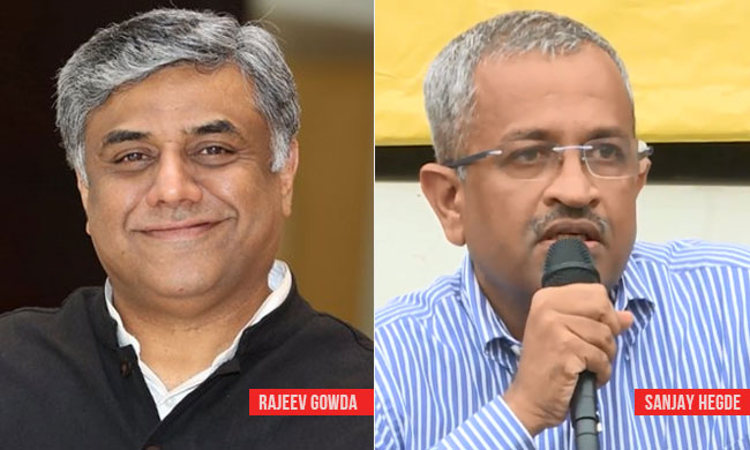Social Media Censorship : Issue Of Arbitrary Blocking Of Accounts Raised In Rajya Sabha
Akshita Saxena
30 Nov 2019 1:32 PM IST

Next Story
30 Nov 2019 1:32 PM IST
On November 28, Congress MP Rajeev Gowda requested the government during Zero Hour in Rajya Sabha, to frame guidelines on censorship by social media companies. "I would like to draw the attention to the censoring of user generated content by internet intermediaries which serve as social media platforms," he said. Delete In Zero Hour, I requested govt to frame guidelines on censorship...
